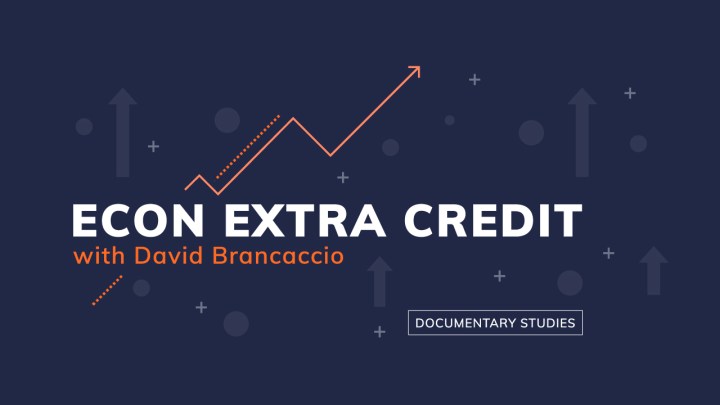
Since 1907, corporations have been banned from contributing to U.S. federal election campaigns. To protect against undue influence, most states have enacted similar bans or limits on corporate spending in state elections. But in 2010, when the U.S. Supreme Court ruled in favor of Citizens United, the floodgates opened for unlimited corporate and union spending.
Although the Citizens United v. Federal Elections Commission decision did not legalize direct corporate contributions to candidates’ campaigns, it meant that corporations (and wealthy individuals) could spend unlimited money on elections in general, including on independent political ads supporting or opposing specific candidates. And they started using “dark money” organizations that could keep their contributions both anonymous and hard to trace.
The lack of disclosure is what distinguishes “dark money” from other campaign contributions and makes it notoriously difficult to track the influence of special interests on politics and policymaking. The opacity also makes it hard to spot corruption where it exists.
Kimberly Reed‘s 2018 documentary, “Dark Money,” explores how politics in her home state of Montana dramatically changed after Citizens United. The film documents the uphill battle fought by politicians, watchdog organizations and reporters who were able to prove that quid pro quo campaign strategies were used to ensure that certain candidates won or lost their elections.
Disturbingly, it reveals how some dark money organizations were able to essentially buy the election of favored candidates who, in some cases, knowingly welcomed the financial support.
“Dark Money” paints a grim picture of both the state of politics and regulatory systems’ inability to enforce the law. However, in chronicling one state’s history of keeping corporations out of politics to ensure fair and free elections, it also shows a path forward.
In the next few weeks, we’ll explore how dark money works and what has changed since “Dark Money” premiered. The film is available to stream for free on Kanopy. You can also rent or buy to stream.
As always, please let us know what you think! Email your thoughts to extracredit@marketplace.org, and we’ll feature some of those answers in an upcoming newsletter.
There’s a lot happening in the world. Through it all, Marketplace is here for you.
You rely on Marketplace to break down the world’s events and tell you how it affects you in a fact-based, approachable way. We rely on your financial support to keep making that possible.
Your donation today powers the independent journalism that you rely on. For just $5/month, you can help sustain Marketplace so we can keep reporting on the things that matter to you.












